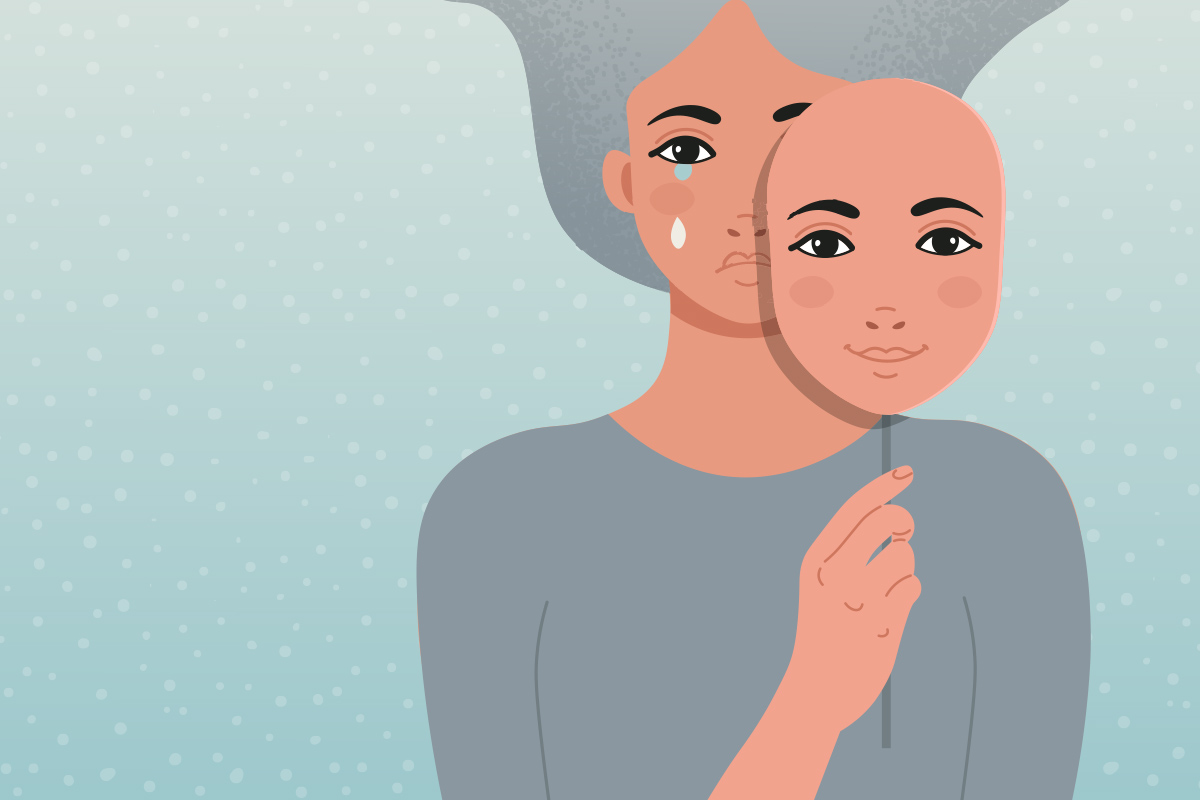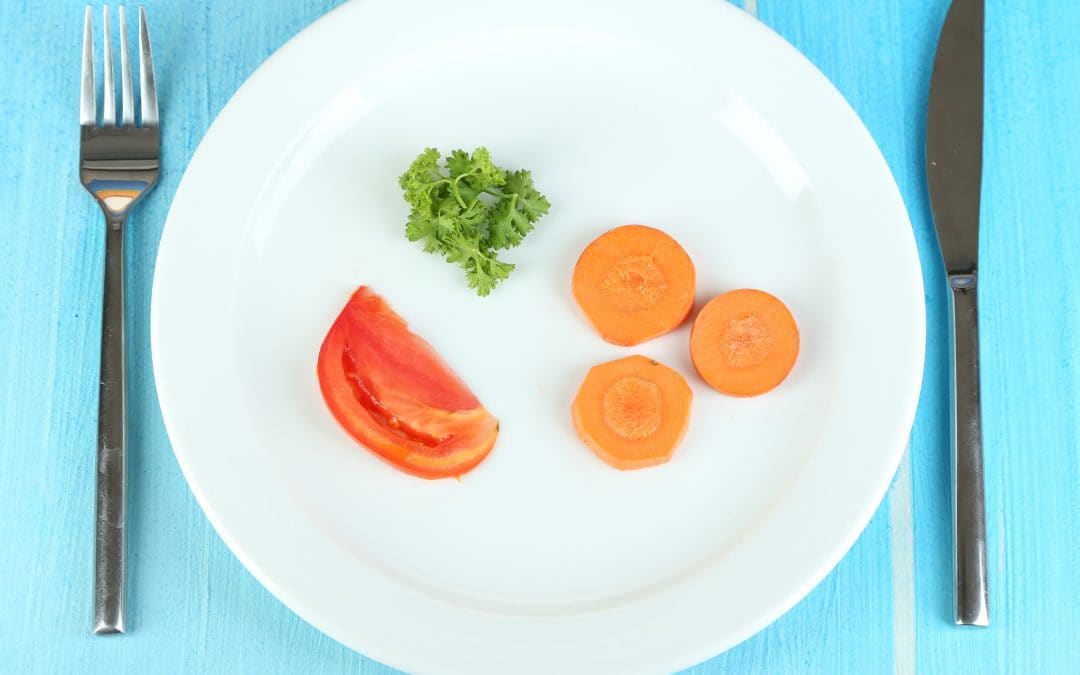On today’s episode, you’ll hear from one of our own Master Trainers about what you should be eating and how you should be exercising during your bulking phase.
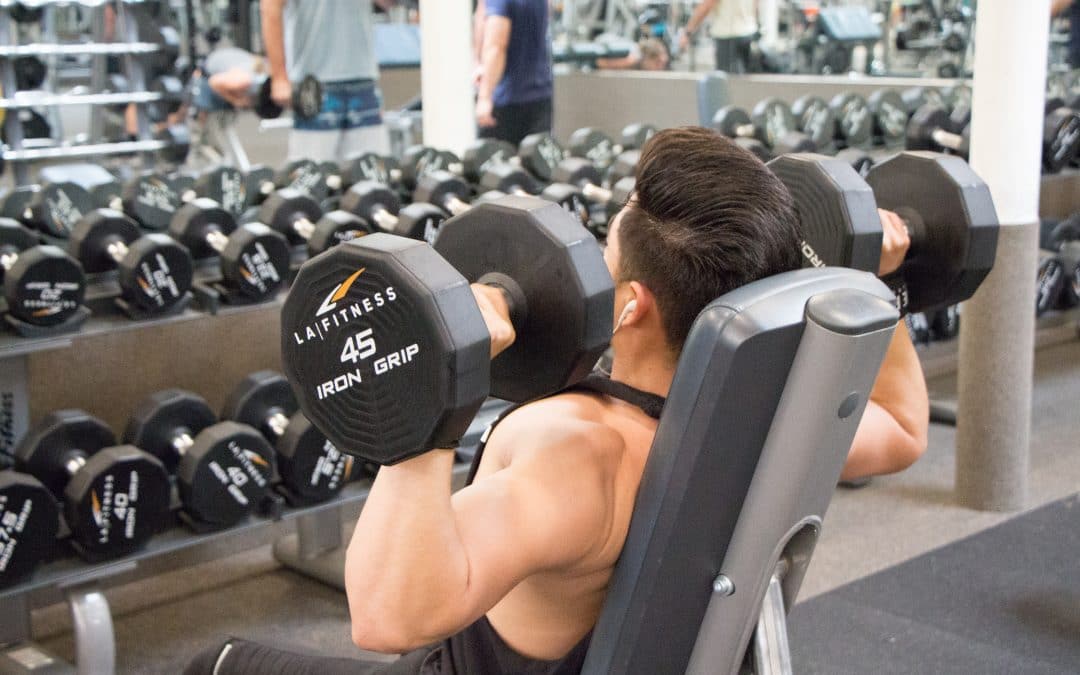
How Can I Gain Muscle, While Losing Weight? | Q+A

Question:
I am a 22 year old male that recently lost 100 pounds. I am currently 6’3” 145 pounds. I’m currently what could be considered skinny fat. About 2 weeks ago I joined LA Fitness and have been going about 6 days a week. I am looking to gain muscle and hopefully lose the stubborn fat that I still have around my chest. What should my diet look like to do this?
– Nate B.

Answer:
To get back to a healthy weight by gaining lean mass, you’ll need to support your weight training/resistance workouts with enough calories. As you still want to get rid of fat from your torso, those calories can’t be excessive. How much to eat, then? Since I don’t know how many calories you eat presently, let’s just say it’s safe to add 200-300 calories per hour that you’re now working out. (A man your age and size might burn 2800 calories per day.)
Those additional daily calories should be from lower fat (“lean”) and minimally processed (“clean”) foods. Suitable food combinations that fit into the 200-300 calorie range:
- 1 C cooked oats + ½ C berries + 8 fl oz non-fat milk
- Medium apple + palm full of raw almonds
- 2 slices sandwich bread, 2 oz turkey, 1 oz low fat cheese, mustard
- Vegetable egg white omelet
- Small (130 gm) bean and cheese burrito
- 1 C Waldorf chicken salad on greens
Note that you only need to add calories to fuel the muscle work and provide blocks for building muscle on the days you are working out.
– Debbie J., MS, RD
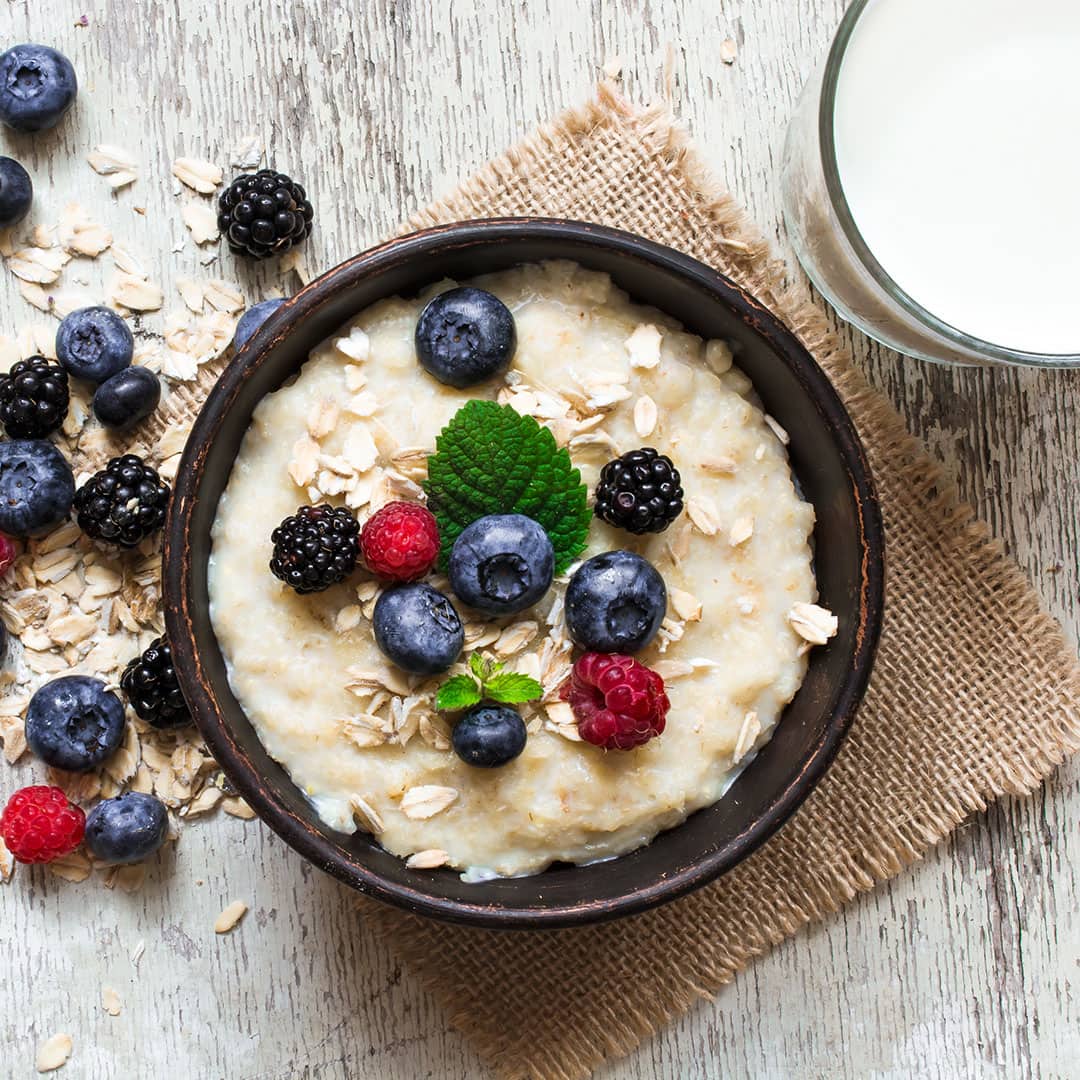
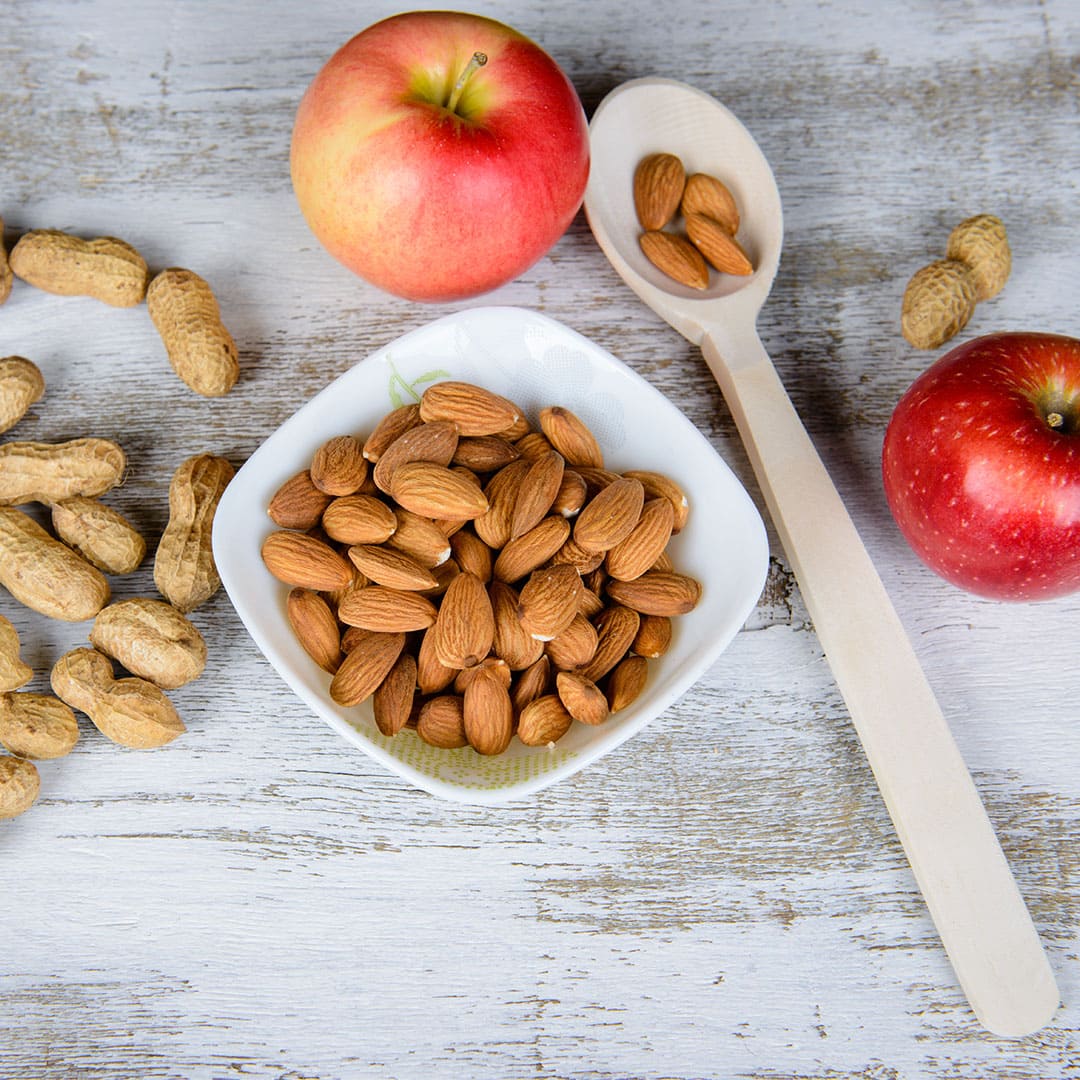



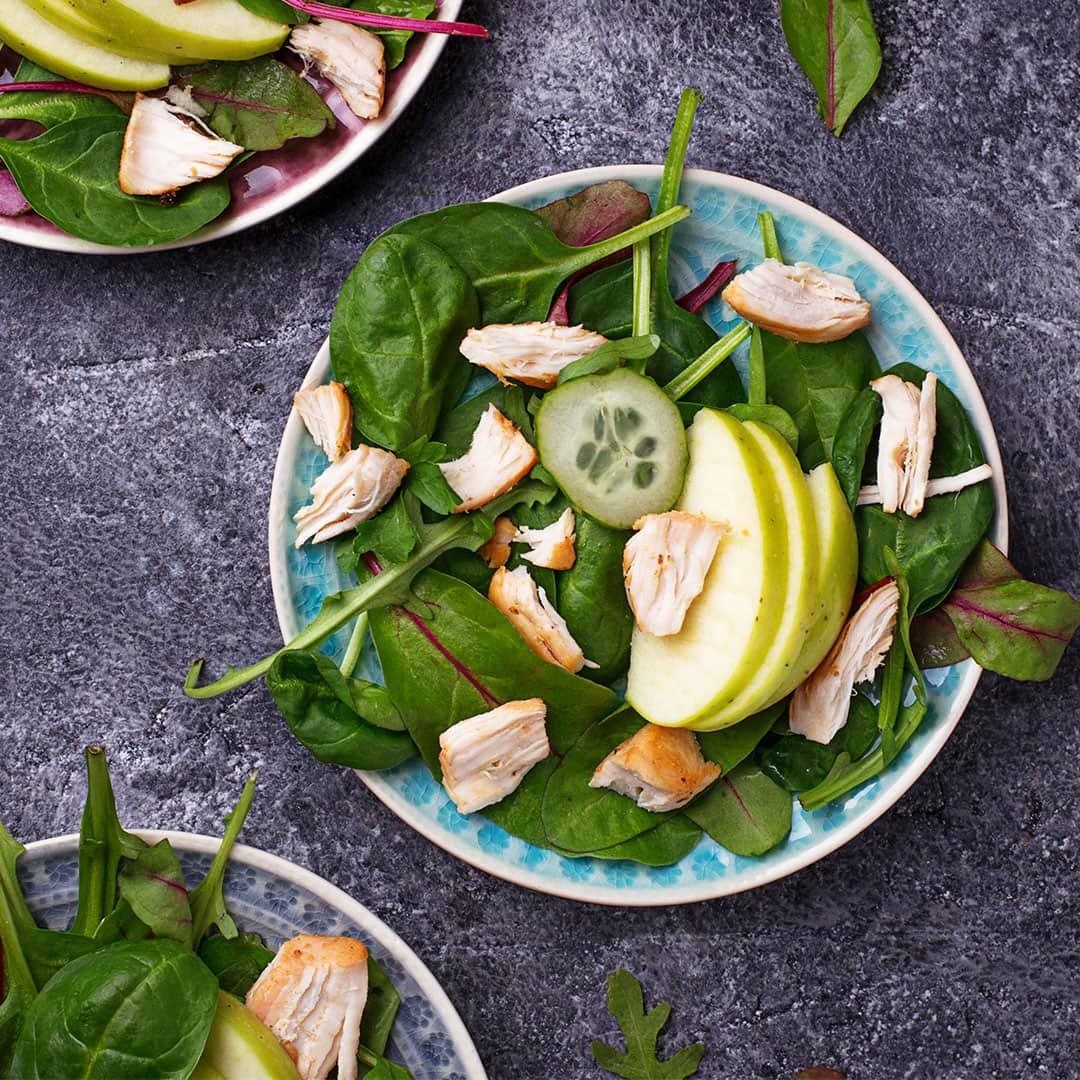
This article should not replace any exercise program or restrictions, any dietary supplements or restrictions, or any other medical recommendations from your primary care physician. Before starting any exercise program or diet, make sure it is approved by your doctor.
Want more? SUBSCRIBE to receive the latest Living Healthy articles right in your inbox!
Ask our Dietitian
 Have a nutrition question? Our registered dietitian is ready to help!
Have a nutrition question? Our registered dietitian is ready to help!
Email nutrition@lafitness.com or submit your question below and it may be featured in an upcoming article!
Recommended Reading
What You Should Know About Women’s Depression
For International Women’s Day, we’d like to contribute to the day’s spotlight on women by discussing an important piece of women’s health: mental health.
Eggs and Cholesterol: How Much is Too Much? | QA
Eggs are a nutritious food choice, but what about their impact on cholesterol? Our registered dietitian, Debbie J., has an answer!



